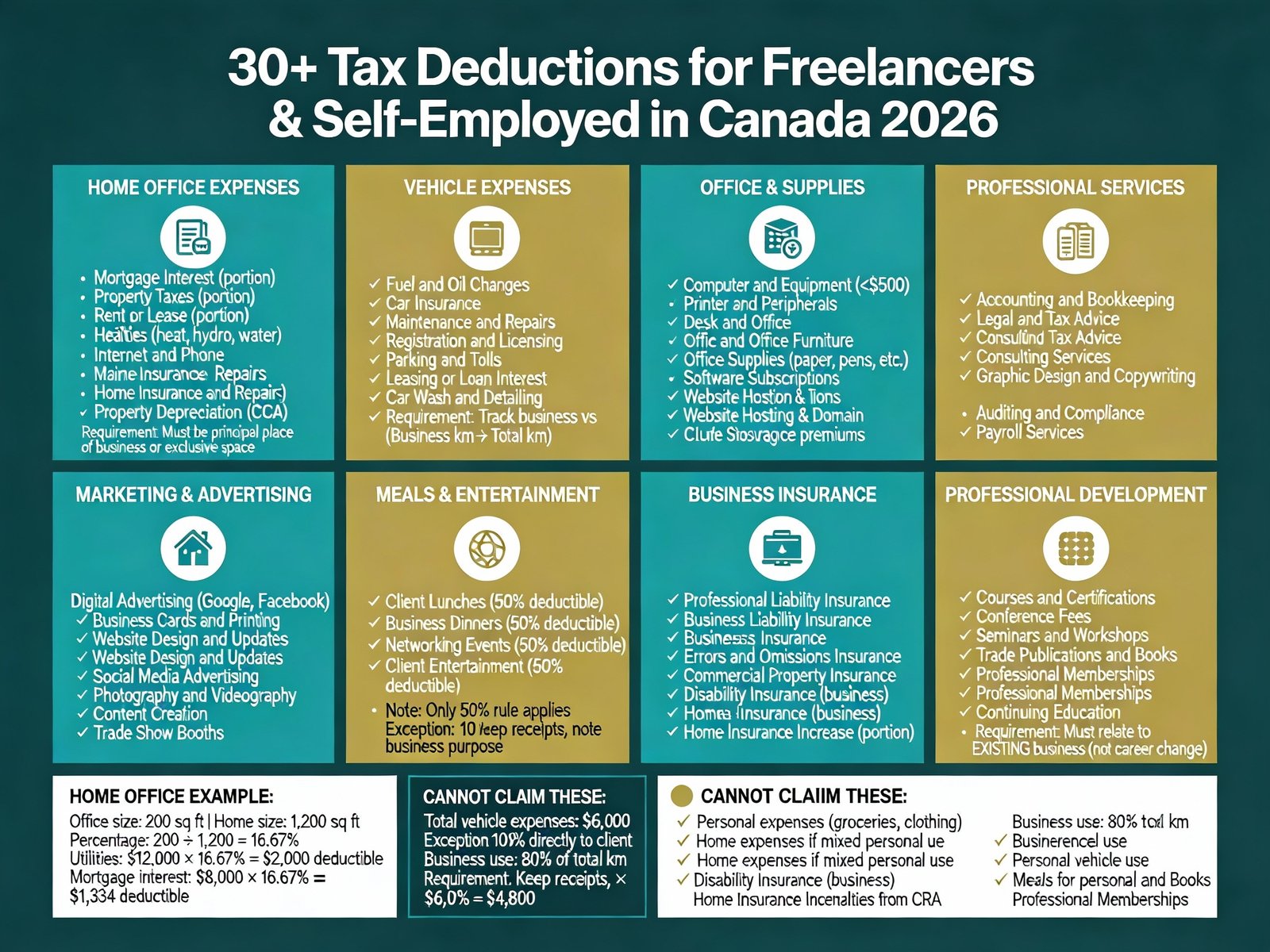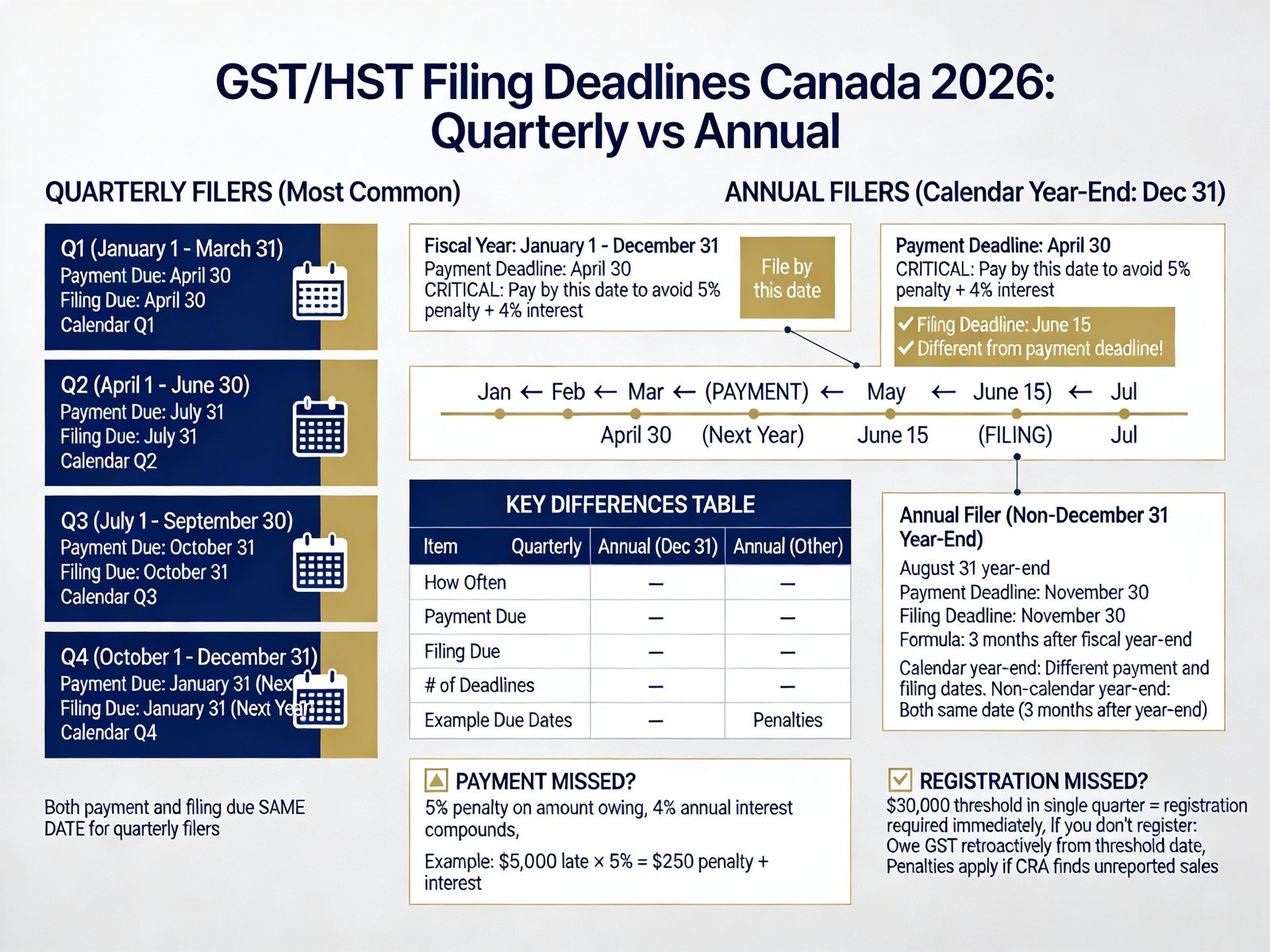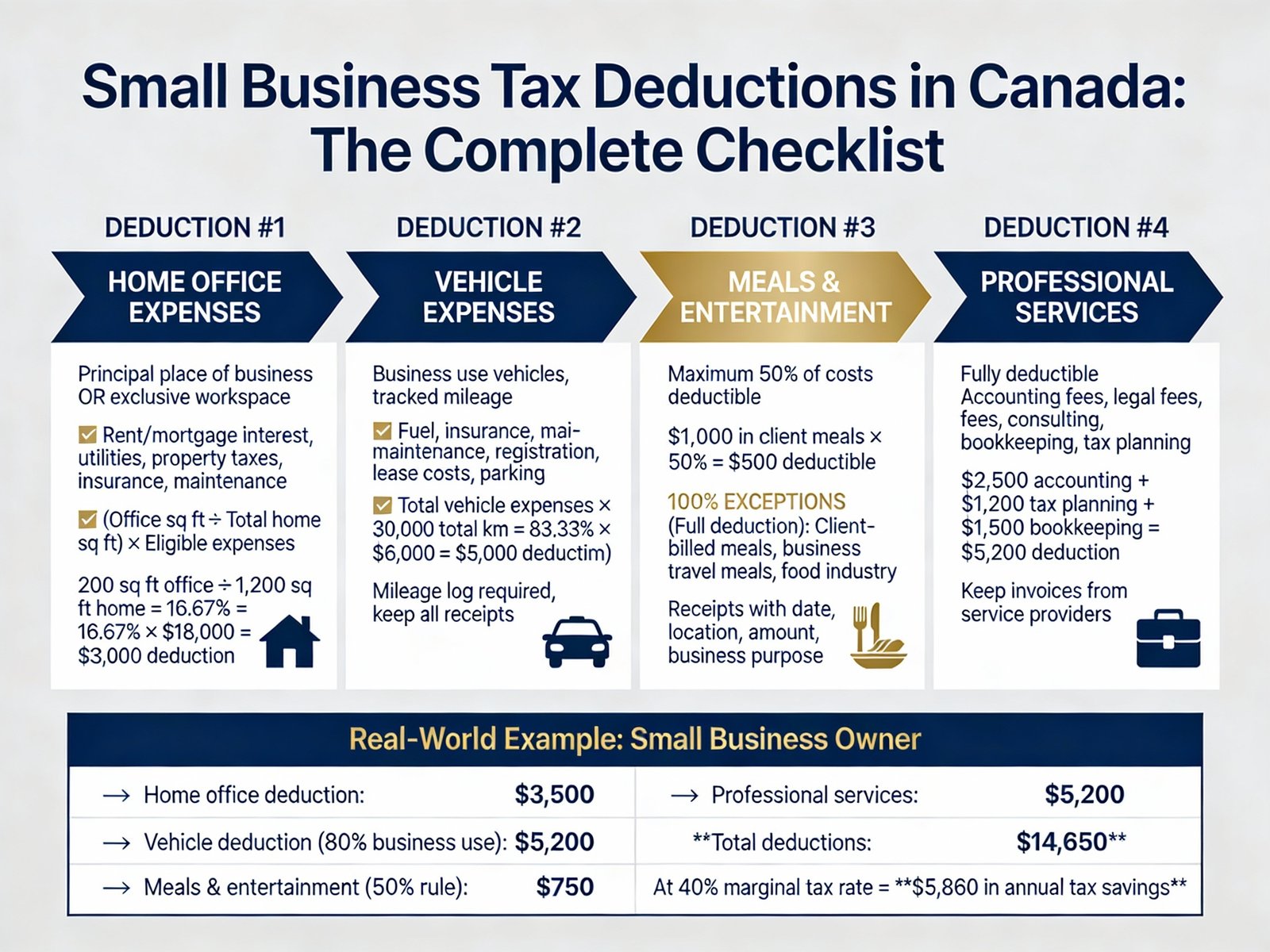Income Tax and Benefit Guide for Non-Residents. Canadian citizens and permanent residents are subject to a variety of income tax responsibilities depending on their residency status. If you are a non-resident of the United States, it is probable that your filing requirements will differ significantly from those of a resident.
Identifying Non-Residents can be a difficult task.
Individuals are classified as non-residents for taxation purposes by the Canada Revenue Agency based on where they now reside in the country. Non-residents of Canada are defined by the Canada Revenue Agency (CRA) as people who habitually, typically, or routinely reside in another country but are not recognised residents of Canada and are therefore categorised as such.
Other considerations taken into account by the CRA when evaluating residency include the following:
- There are no substantial ties to Canada.
- It is not permitted to reside outside of Canada for the complete taxation year.
- The fact that you were physically present in Canada for fewer than 183 days during the taxation year is a qualifying event.
- It is possible that an individual’s home or permanent residence, a spouse or dependents, and a large number of personal belongings in Canada will be considered important residential ties in the country.
- Personal property can include objects such as furniture, a vehicle, and other assets that meet the definition of assets given forth by the Canadian Revenue Agency.
- Things like social memberships, provincial medical cards, a driver’s licence, and Canadian bank accounts are examples of further relationships that might exist between people from different countries.
In Canada, only the Canadian Revenue Agency (CRA) has the authority to determine whether or not you are a legal resident of the nation. Regarding your residency, there are no set regulations; instead, the agency provides advice and interpretations based on its experience and expertise.
Tax Liabilities for Non-Residents
Residents of other countries who earn money in Canada are only liable to pay tax on that income if they are classified as such by the Canadian government. In general, this refers to either the Part XIII or the Part I of the taxation system, depending on the situation.
Taxation is levied on common sources of income, such as:
- Dividends.
- Payments for rent and royalties
- Pension payments are made.
- Pension from the Social Security Administration.
- Benefits from the Canada Pension Plan and the Quebec Pension Plan
- allowances for retirees
- RRSP contributions
- Payments to the Registered Retirement Income Fund (RRIF).
- payments made on an annuity
- Fees for management
Individuals, employers, and other entities who make payments to you in Canada should be aware that you are deemed a non-resident of Canada for taxation purposes, and they should be notified accordingly. Furthermore, you should advise them of your place of residency, in order to guarantee that the right amount of tax is taken from any payments made to you. There is no tax treaty between Canada and your country of residence, and until a treaty between Canada and your country of residence is established, the payers are entitled to deduct the tax from your income when you are paid, which is normally assessed at a rate of 25%. These payments are also non-refundable, and they are not required to be included in your Canadian tax return unless you expressly request that they be included in your return. In most cases, if you receive Canadian rental income or certain types of pension income, you are required to file a tax return with the federal government. More information can be found on the CRA’s website. You can also call the Canada Revenue Agency right away if you believe that an improper amount of tax has been deducted from your return cheque and request that an investigation be opened.










 View Our Location
View Our Location





 181 Meadowview Bay, Sherwood Park, AB T8H 1P7, Canada (Online Clients Only)
181 Meadowview Bay, Sherwood Park, AB T8H 1P7, Canada (Online Clients Only)